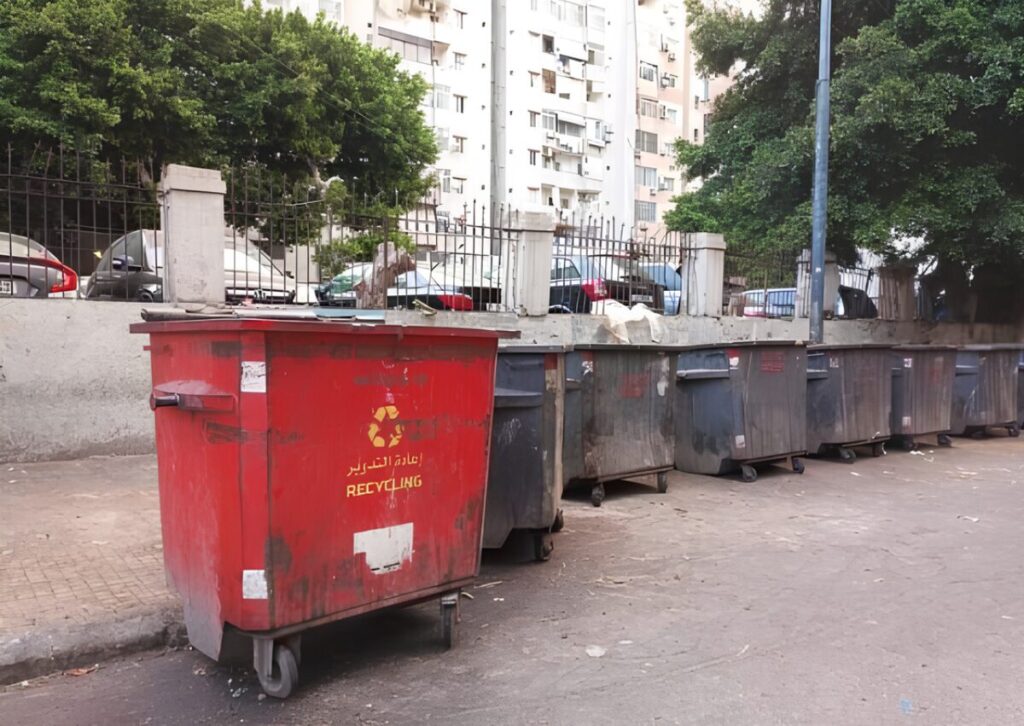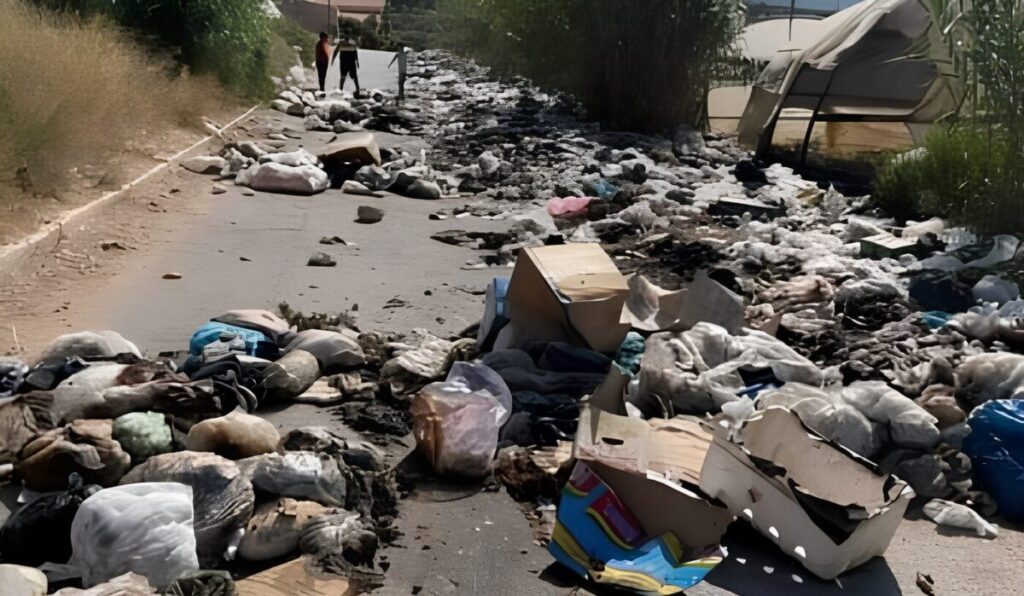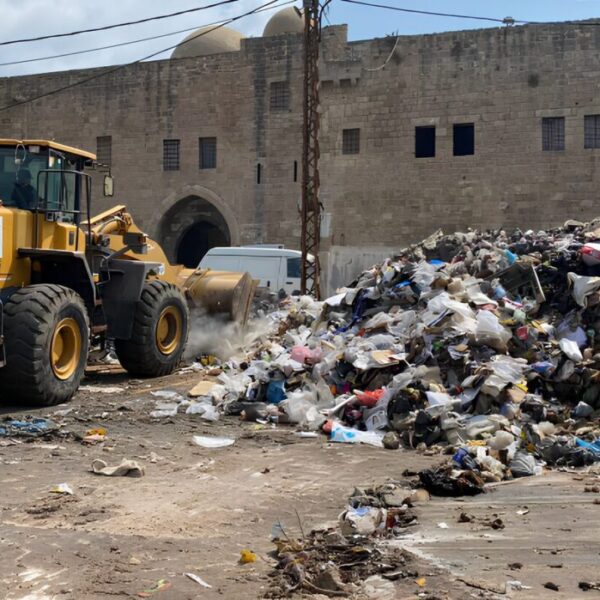In Lebanon, an economic crisis and extremely low wages have pushed many people to search through the trash to retrieve recyclable materials and sell them. This parallel waste economy, although informal and precarious, helps in reducing waste while providing essential income to the most vulnerable.
Lebanon is going through an economic crisis that has major repercussions on both the private and public sectors, with extremely low wages, some not exceeding 38 euros per month. Many people, including Syrian refugees deprived of UN aid because they are illegal, are turning to the contents of garbage cans to survive. This situation has led to a parallel waste economy, offering a solution to the national problem of waste management and creating economic opportunities for the most underprivileged.
A parallel economy
Collectors search through garbage cans in various neighborhoods of Beirut in search of recyclable materials such as plastic, metal, and paper. "We do it twice a day, at 7 a.m. and at 10 p.m.," says Ali, a 35-year-old Lebanese collector. "We manage to earn between 14 and 19 euros each day thanks to the capital's garbage cans (which is 7 to 10 times their salary, editor's note). I deduct my personal expenses and send the rest to my family in Syria," he continues.

Some regulars have even listed the neighborhoods where the harvest was the best. "I only go to the busiest neighborhoods: either those with pubs and nightclubs, or those where there are many offices, because the harvest is better there. There is less food waste, and more saleable material like cans, paper, or plastic packaging," says Mohammad, a 24-year-old collector of Syrian origin.
Other regulars have established loyal relationships with several neighborhoods, like Houssam, 21 years old, and Tarek, 17 years old, both illegal Syrian refugees. "I am responsible for these three buildings here (Hamra Street) and my friend for the first five on the parallel street (Leon Street). The residents provide us with waste already sorted in plastic bags. In one day, we collect as much waste as in a week. This increases our weekly income from 47 to 69 euros," the young boys recount.
Secret instructions
They collect, then sell to clandestine recycling centers, established in old abandoned buildings in the capital devastated by the explosion at the port of Beirut in 2020. Abdullah, a 35-year-old Lebanese, owner of a clandestine recycling center, explains: "We weigh and buy the materials that interest us here. Then we resell them to recycling factories in Western countries, especially in Turkey." According to Mahmoud, a 65-year-old Palestinian, "each collector brings us about 85kg of waste per day. That's a total of 1000 kg per day for our recycling center. And there are more than ten like ours in the capital."
This informal trade has not only allowed collectors to meet their needs, but has also contributed to reducing waste in the Lebanese streets. This helps relieve often failing waste management systems and delay the looming crisis associated with it.
However, this organization faces several major obstacles: precarious working conditions, lack of social protection, and competition for recyclable materials. In addition, illegal Syrian refugees must deal with tensions with the Lebanese internal security forces who can deport them.
The majority of the collectors being Syrians, most of the income generated by this economy is sent to Syria. This exacerbates the problem of draining resources to this neighboring country, as well as the scarcity of foreign currencies in Lebanon.

